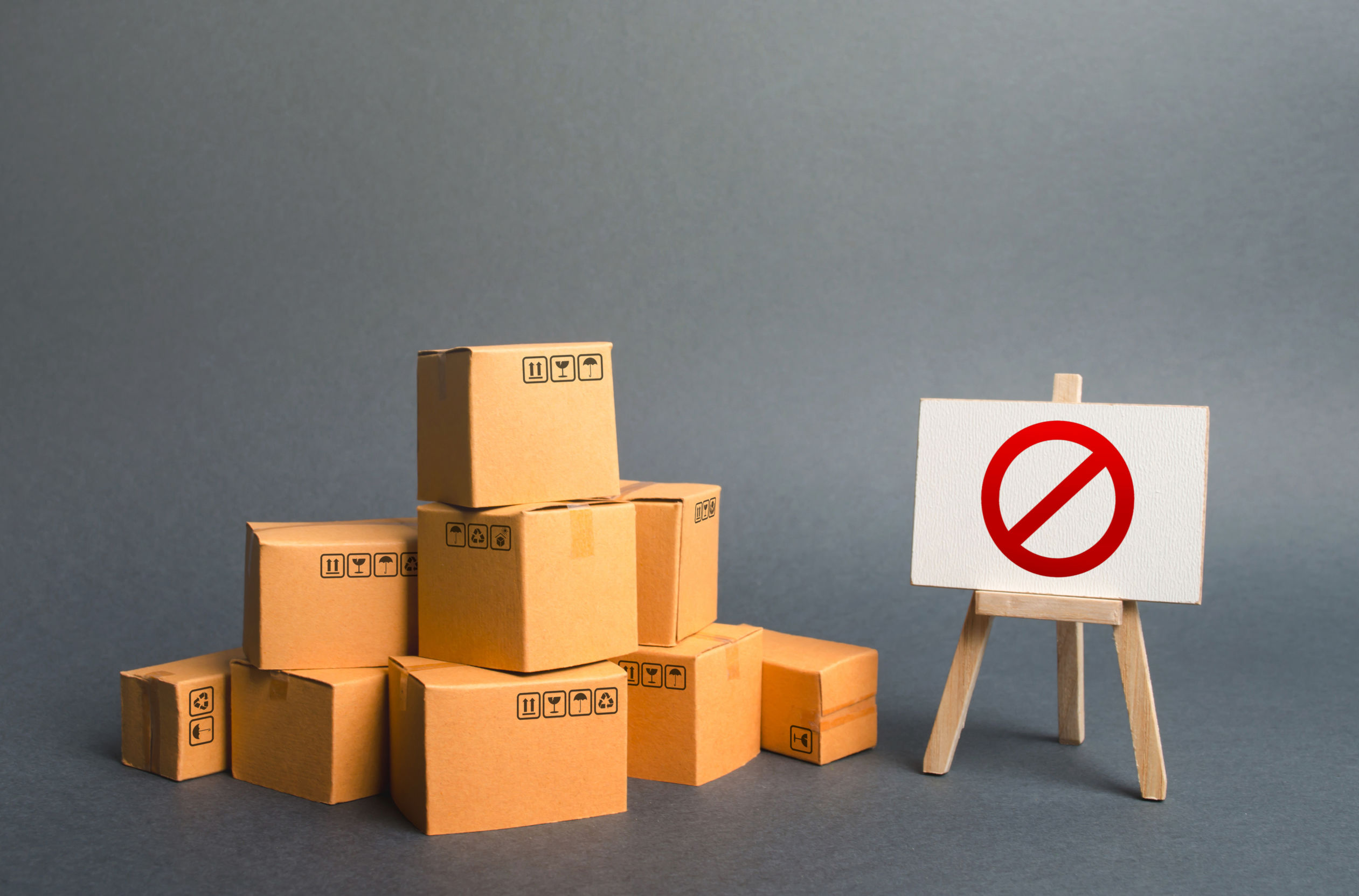Prohibited Items to Send to Japan

Prohibited items to send to Japan
An Essential Guide: Prohibited Items for Shipping to Japan
Japan, known as the Land of the Rising Sun, is renowned for its exceptional blend of traditional customs and cutting-edge technology. Whether you’re moving, doing business, or sending a care package, understanding the country’s regulations about prohibited items for import is essential. Below, we delve into the list of prohibited items to send to Japan to avoid any mishaps with customs.
Strict Regulations and Standards
Japan has one of the most stringent import regulations in the world to ensure the safety and well-being of its citizens and the preservation of the local environment. Some of these rules might seem unusual or specific to outsiders, but they reflect Japan’s commitment to maintaining high standards.
Food Products
While sending homemade snacks might seem like a warm, personal touch to a care package, it’s crucial to note that many food items are not allowed into Japan. Fresh fruits and vegetables are banned due to the potential for carrying pests and diseases. Also, meat products, including processed foods containing meat, are prohibited to prevent the spread of livestock diseases.
Any foods containing additives not approved by the Japanese Ministry of Health, Labour, and Welfare are also disallowed. Therefore, before sending any packaged food items, it’s recommended to check if they contain any non-approved additives.
Pharmaceuticals
Regulations around pharmaceutical products are strict and intricate. The personal import of prescription medication is generally limited to a one-month supply, and a Yakkan Shoumei (an import certificate) may be required for larger amounts. It is also illegal to send certain over-the-counter drugs commonly available in other countries. These include products containing pseudoephedrine, such as some cold medications, and stimulants like ephedrine or amphetamine-based drugs.
Dangerous Goods
Similar to most countries, Japan prohibits the shipment of dangerous goods. This category includes items such as explosives, radioactive materials, flammable substances, toxic or infectious substances, corrosive materials, and compressed gases. This prohibition also covers batteries, fireworks, and certain types of lighters.
Narcotics and Psychoactive Substances
Unsurprisingly, narcotics, psychoactive substances, and precursors for their production are strictly forbidden. This includes cannabis, opium, stimulants, and psychotropic substances. Even small amounts can lead to severe penalties, so it’s essential to check the legality of any medicines or substances you plan to ship.
Plants and Animals
The import of plants and animals is highly regulated due to the potential for invasive species and diseases. Plants, including seeds and cuttings, are subject to quarantine inspection, and many species are completely prohibited. Similarly, live animals, including pets, require a quarantine period and various certifications. Unauthorized shipment of such items can lead to severe penalties.
Pornography
Japan has specific laws governing pornography and sexually explicit content. Importing items falling under these categories, including DVDs, magazines, and printed material, is not allowed.
Counterfeit Goods and Intellectual Property
Japan enforces strict regulations against counterfeit goods, including fake brand-name items, unauthorized copies of copyrighted material, and other intellectual property violations. Counterfeit, altered, or imitation coins, banknotes, or securities of Japan or any foreign country are also not allowed.
Other Miscellaneous Items
There are several other categories of items that are forbidden to be sent to Japan, including firearms and other weapons, child pornography, and counterfeit, altered or imitation stamps.
In conclusion
If you find yourself uncertain about whether an item can be sent, your best course of action would be to consult your local postal service or a professional courier company. These organizations are well-versed in international shipping regulations and can provide guidance on what is and isn’t allowed. They will have the most current information and resources available to help you understand and navigate these restrictions.
Given that they’re responsible for transporting items across borders, they stay up-to-date on the import regulations of countries worldwide, including Japan. Hence, they’re a reliable and accessible source of information for individuals seeking to ship items internationally.










